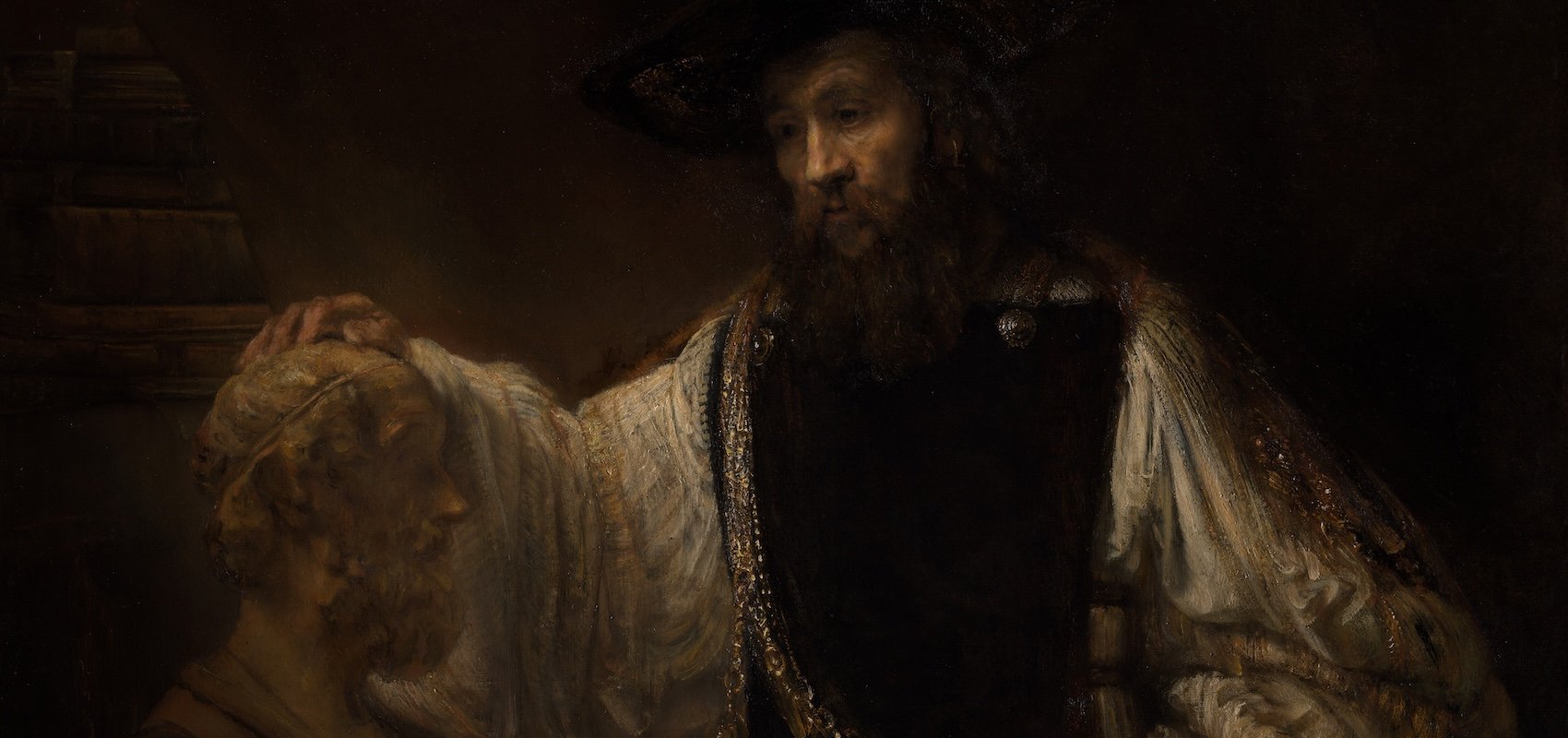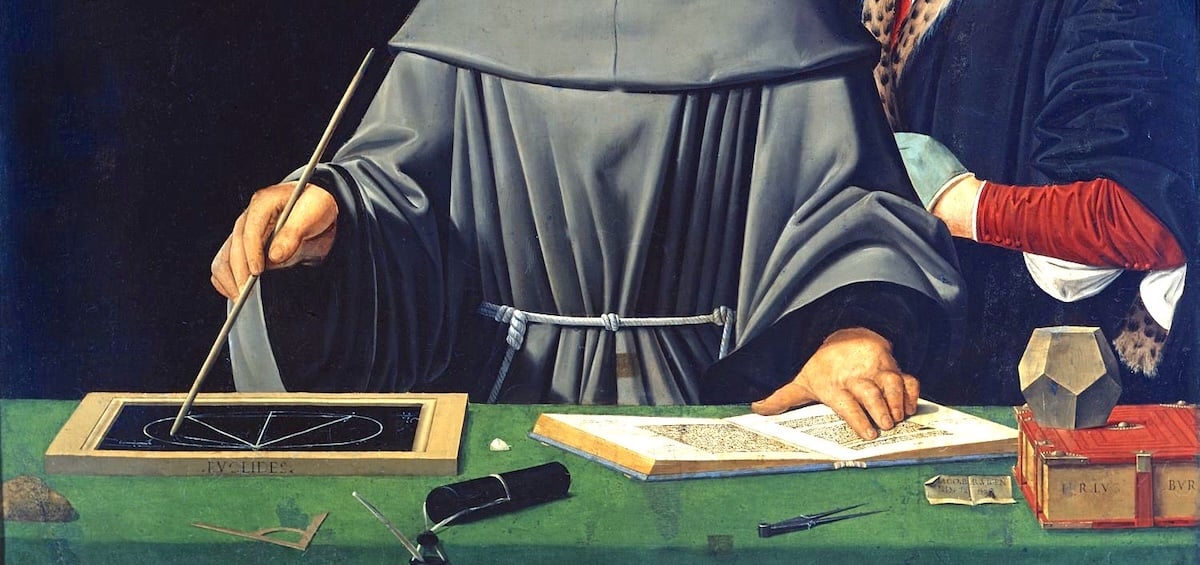Archive
More than thirty-five years of First Things articles at your fingertips
Articles

Classical Renewal by Research
The research pursued these days in university humanities departments does not, as a rule, enjoy high esteem among those who value the West’s traditional forms of education. For decades,...

How Should Catholics Respond to the Immigration Crisis?
The appointment of Cardinal Robert W. McElroy as Archbishop of Washington, D.C., has been widely interpreted in the press as an answer to the election of Donald Trump. Predictably,...

AI and the Unhappy Society
Recently I had an experience that I suppose is becoming increasingly common. The large, publicly traded energy company that has taken control of gas and electric utilities in my...

Rehumanizing the Humanities
I have to admit to a tendency for my eyes to glaze over when people talk about a crisis in the humanities. I’ve been hearing about their imminent collapse...
The Difference Between Belief and Observance
When I was at All Souls College at Oxford some years ago I had a conversation during a Saturday evening dinner that has stayed in my mind ever since....
Classical Education Is Not a Right-Wing Project
Recently a book of mine underwent a perplexing treatment in the New York Review of Books. Normally one is pleased to have one’s book reviewed there (my editor was...
Augustus and the Salvation of Rome
With the victory of Octavian Caesar, the heir of Julius Caesar, over Antony and Cleopatra at the battle of Actium in 31 B.C., the greatest of Rome’s civil wars...
The Greatness of Alexander
This biographical essay is excerpted from The Golden Thread: A History of the Western Tradition, by Allen C. Guelzo and James Hankins, forthcoming from Encounter Books in 2024. King...
Among the Infidels
Resist junk food journalism. Support journalism that nourishes the mind and soul by contributing to our year-end campaign today. In her brilliant meditation on the past and future of Christianity...
Put Down the Woke Man’s Burden
I was profiled recently in the Wall Street Journal, which was an interesting experience for a mild-mannered, retiring professor. It illustrated for me how things I’ve written about the...
The Renaissance of the Classical School
We have been hearing a lot in recent months about a staffing crisis in district public schools, teacher burnout, and the large numbers of teachers planning to leave the...
The Honor Deficit
Historians who write about merchant republics during the Renaissance often speak of an “honor deficit,” an inability on the part of city governments to command the respect of other...
Intellectual Freedom in Medieval Universities
Many academics today are dismayed by the growing intolerance of heterodox thinking in contemporary universities, but those aware of the university’s longer history are less surprised at this turn...
St. Basil’s Guide to Cultural Appropriation
Perhaps the most remarkable feature of the European Renaissance was the profound harmony it achieved between the classical and Christian elements in Western history. That harmony remained characteristic of...
How to Be on the Right Side of History
If you’re a progressive, you might think that it’s no problem identifying the right side of history. Anything that promotes “social justice” is on the right side. Any innovation...
